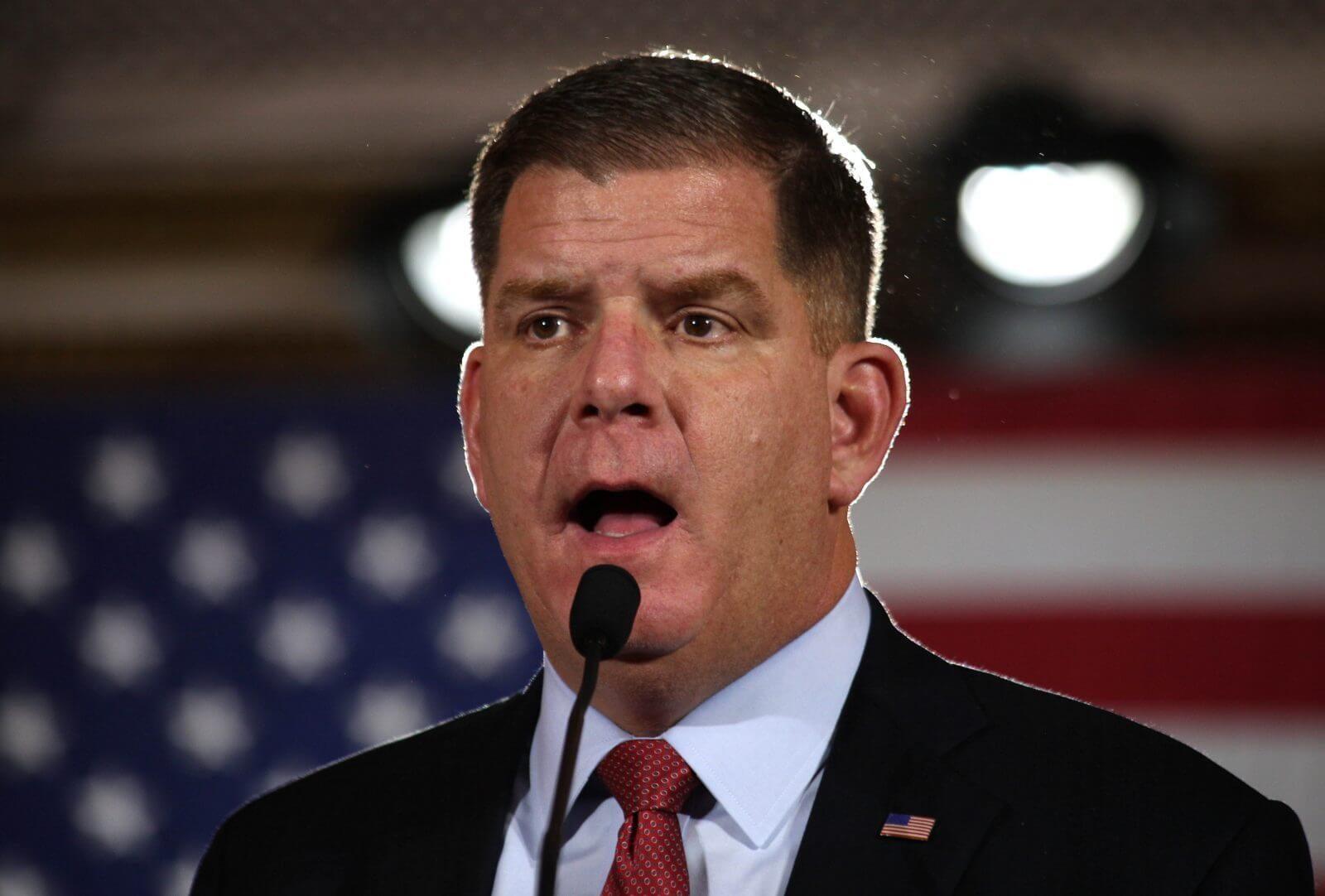The Affordable Care Act is scheduled to launch into effect Tuesday with the opening of the Health Insurance Marketplace, a state-administered online exchange where individuals and small business can purchase private insurance plans, despite the government shutdown looming on the same day.
Alec Loftus, communications director at the Massachusetts Executive Office of Health and Human Services, said Massachusetts is uniquely positioned with 97 percent of adults and 99 percent of children already covered.
“We were the first state to set up a health exchange [Massachusetts Health Connector],” he said. “With a lot of the states that are working to come into compliance with the Affordable Care Act, the main thing they’re doing is working on their exchanges and we’re already way ahead of the pack when it comes to that because we do have the health connector where people can go and buy subsidized insurance.”
Aimed at increasing coverage, decreasing costs and ending patient discrimination, the ACA plans to allow individuals with incomes between 100 and 400 percent of the federal poverty level, who purchase insurance plans through the Health Insurance Exchange, to be eligible for federal subsidies to go towards premium costs. Those who opt out of this care can pay to stay with their private insurance.
“Obamacare is an overwhelmingly positive thing for Massachusetts because it helps more people get coverage and it helps people get access to wellness and prevention programs that will save money in the long run for health care systems,” he said.
On Sunday, the House of Representatives voted 231 to 192 in favor of delaying ObamaCare for one year in their version of a spending bill. The Senate rejected their offer and it was sent back to the House for deliberations. The government had until 12:01 a.m. on Tuesday to pass a spending bill. As this did not occur, government agencies have shut down.
Keith Ericson, professor in the School of Management at Boston University, said despite the government shutdown, it is unlikely Obamacare will be delayed.
“It is extremely unlikely that there will be an actual delay in the ACA’s implementation,” he said. “In the very unlikely events that there was a delay in the mandates … the health insurance exchanges would still go live on Oct. 1 and people could buy insurance through them.”
Generation Opportunity, a nonprofit youth advocacy organization focused on the effects of economic issues on young adults, started a campaign called “Opt Out1,” designed to highlight alternatives to the expensive Obamacare exchanges.
David Pasch, communications director at Generation Opportunity, said most young people would find a better deal by paying the relatively small penalty and purchasing private insurance.
“The whole Obamacare system relies on a younger, poorer generation to subsidize an older, wealthier generation,” he said. “It’s not fair to ask us to pay more than our fair share, especially when we’re already suffering an effective unemployment rate of 16 percent. It makes more financial sense for most ‘millennials’ to opt out, pay the relatively small penalty and then go buy non-Obamacare insurance on the private market.”
Some residents said despite having one of the first healthcare plans in the country, they are worried what consequences the federal healthcare program will have for people.
Michael Hussey, 50, resident of Hyde Park said he feels most people are against the healthcare.
“All I know is that most people are against it,” he said. “From what I’ve heard on the news … it’s not going to fly, nobody likes it. I don’t think it’s going to be good.”
Claire Martin, resident of Brookline, said comprehensive healthcare would benefit residents all across the country, even in the Commonwealth.
“I think Obamacare would be a good thing for the country,” she said. “I think the Massachusetts health care system seems to be working well here and there are a lot of people in other states who need comprehensive healthcare.”
Evan Lane, 27, resident of Allston, said he is worried politics will get in the way of a progressive health care plan.
“I think universalized healthcare is a positive thing in general, and a lot of large nations have executed a plan that’s been successful,” he said. “I worry that the sort of political gridlock that we have seen over the past 10 years has really made a simple solution almost impossible, and I worry that a lot of egos have gotten in the way of executing a positive and progressive plan for healthcare.”























































































































